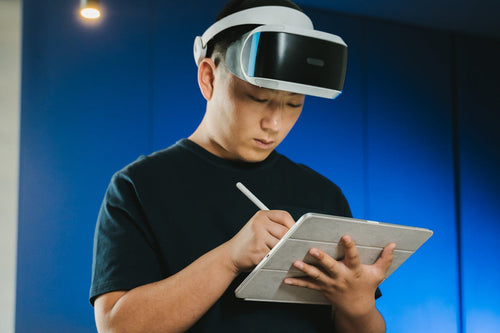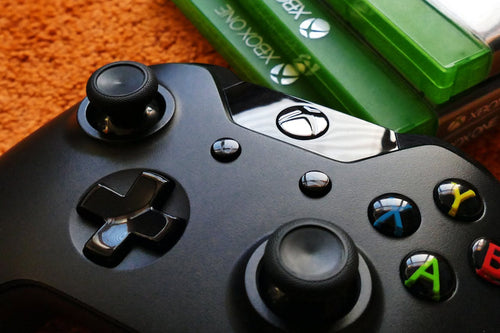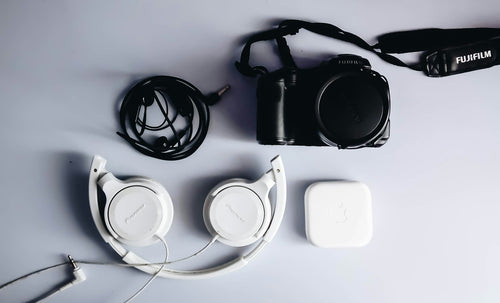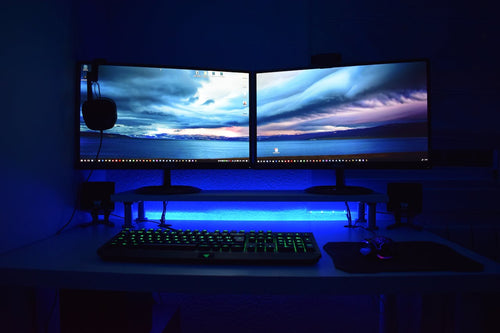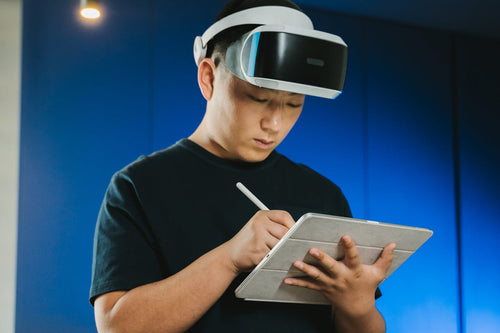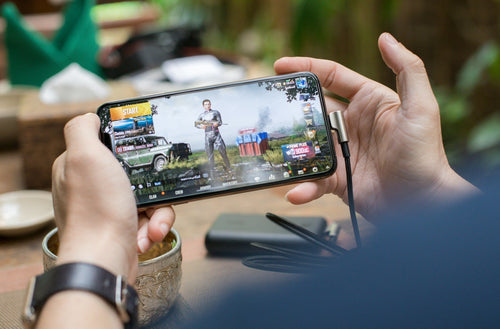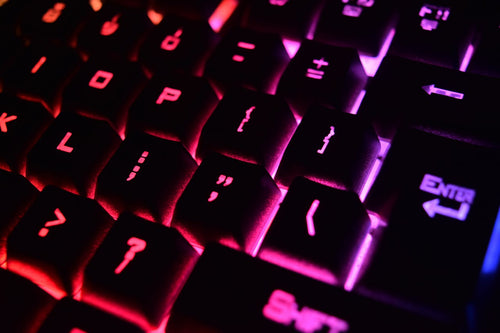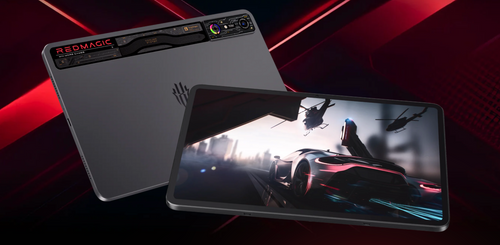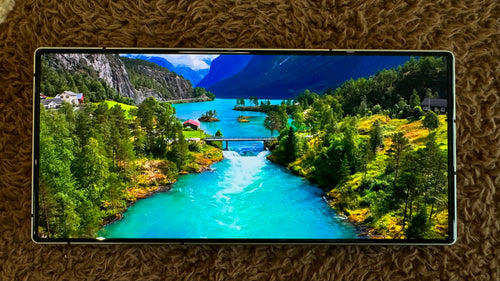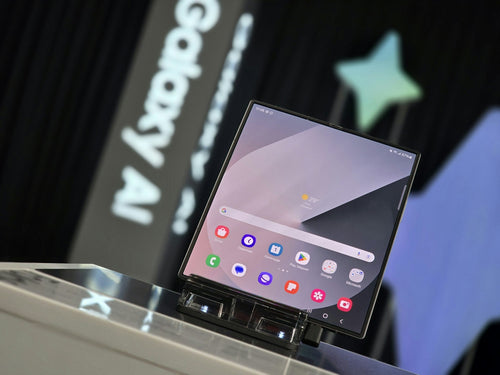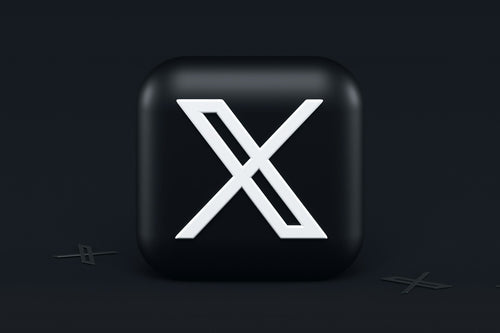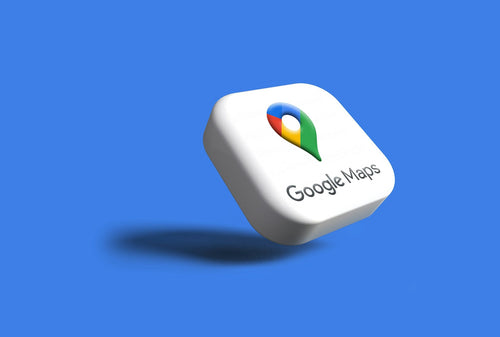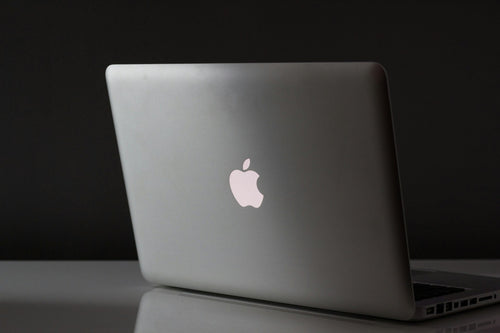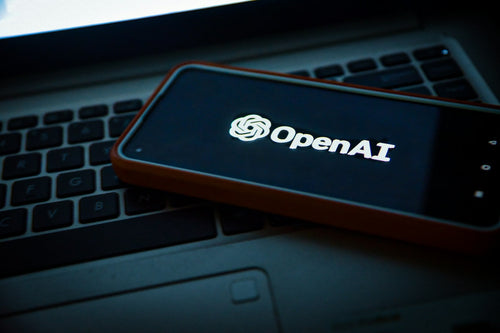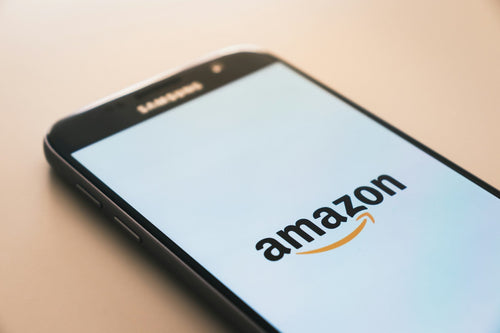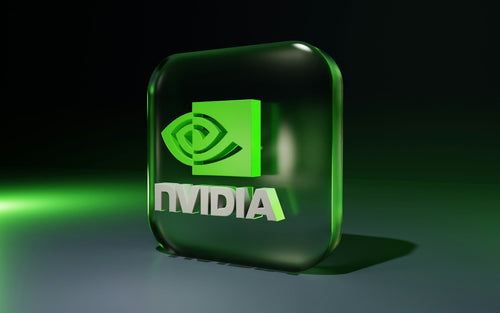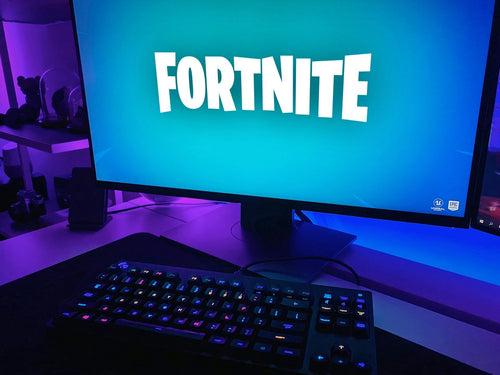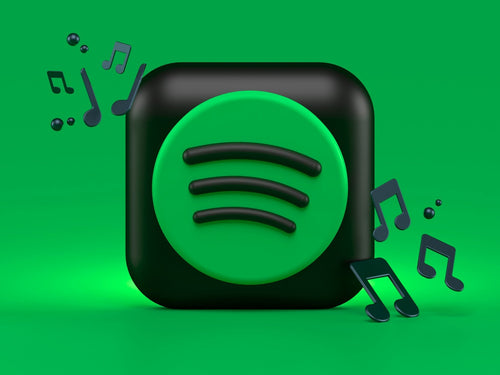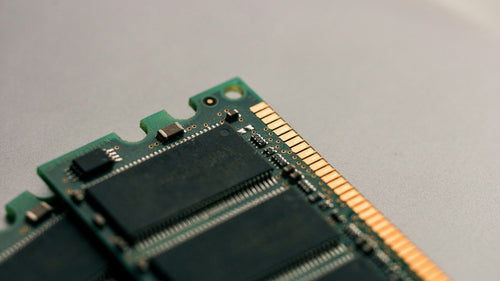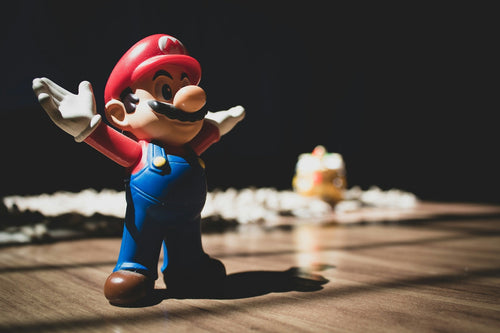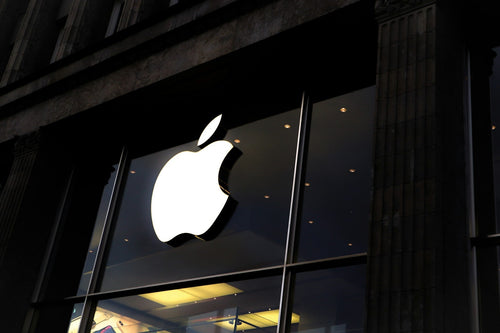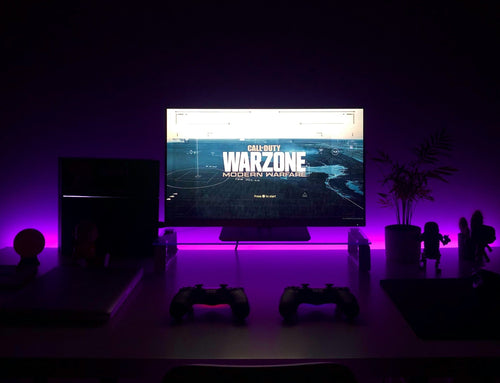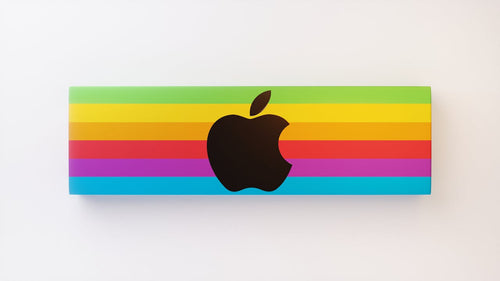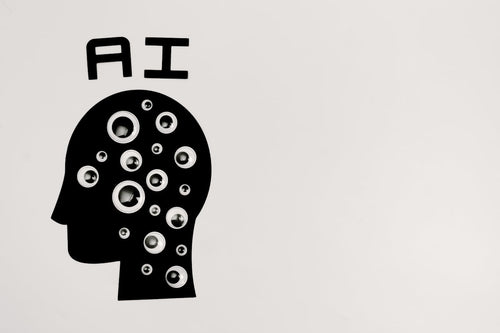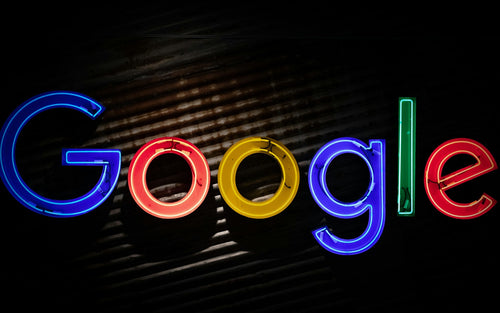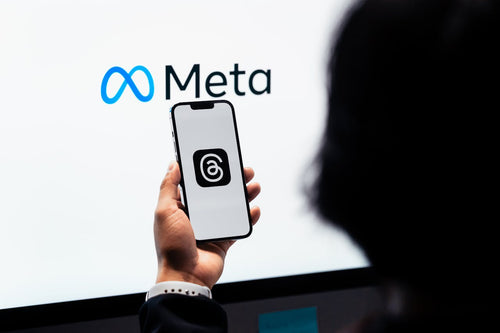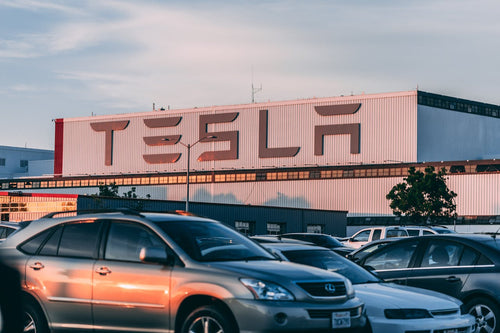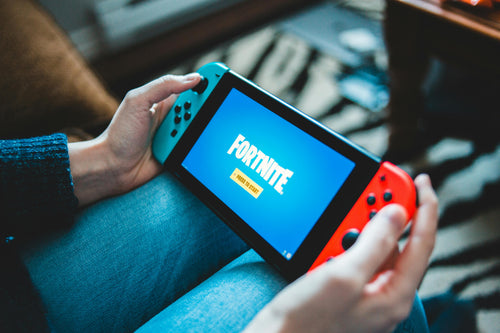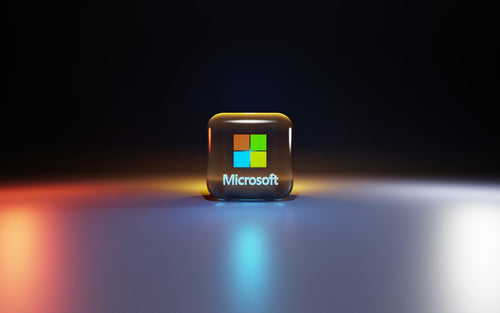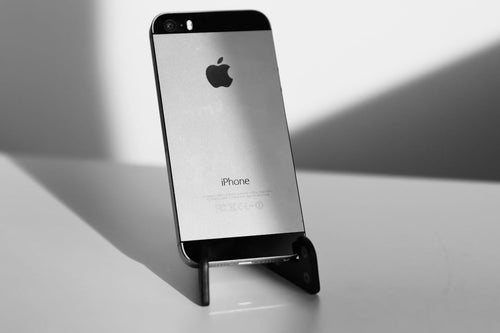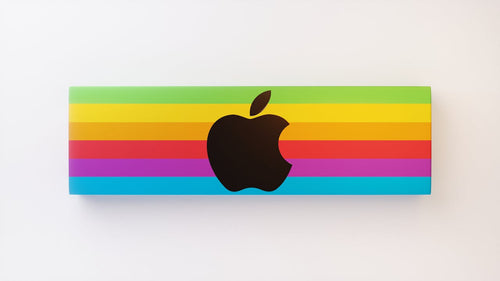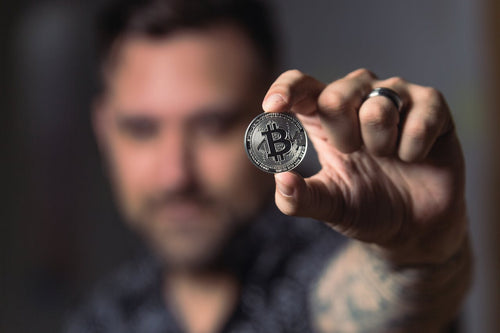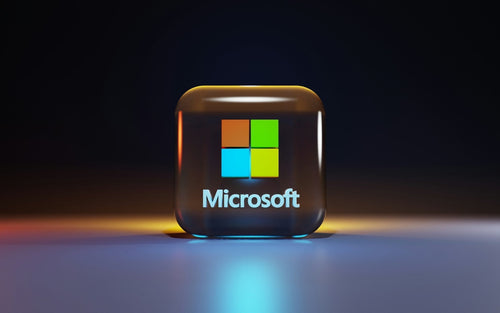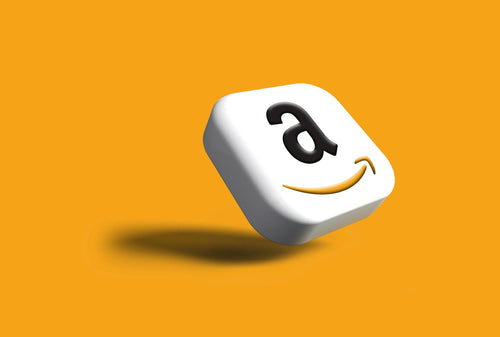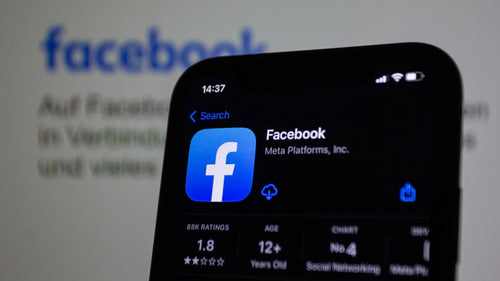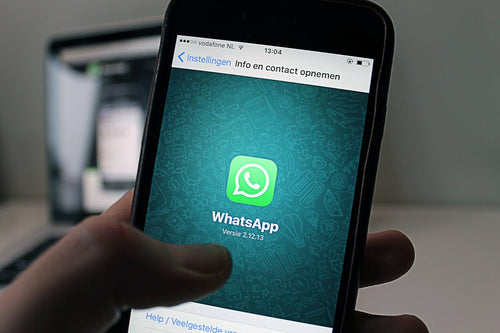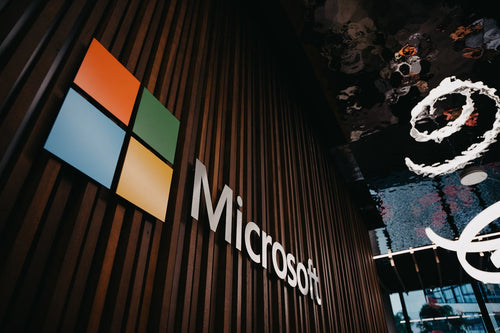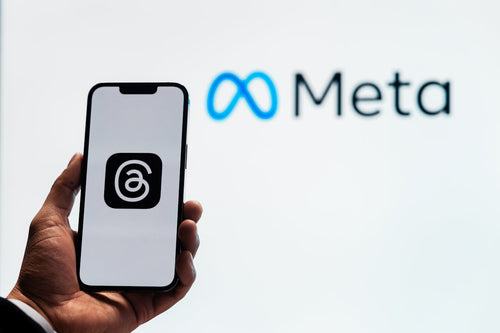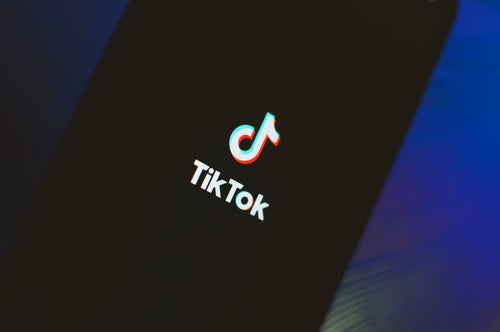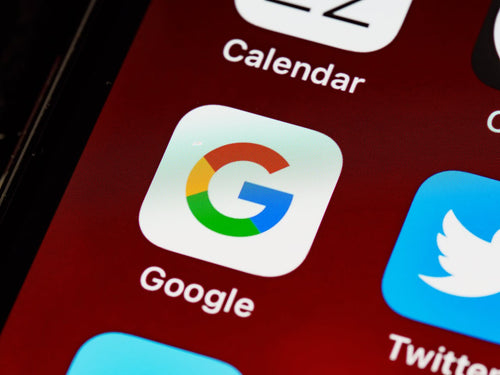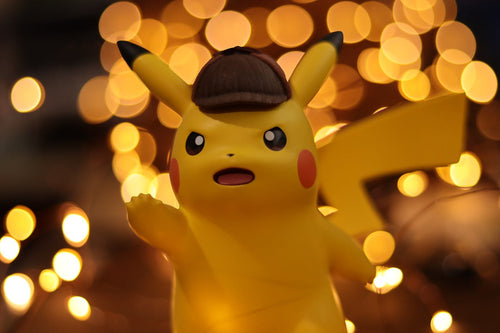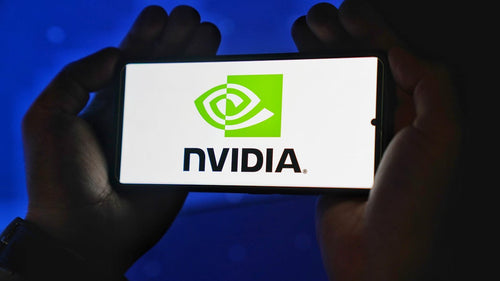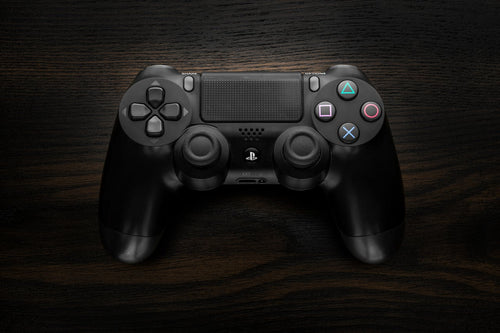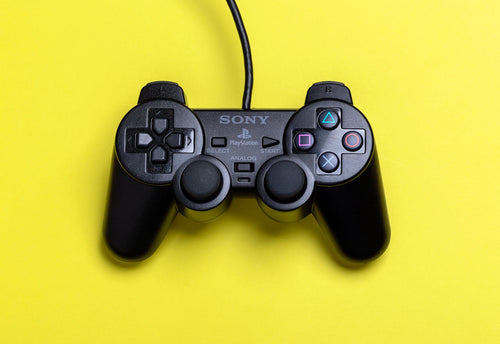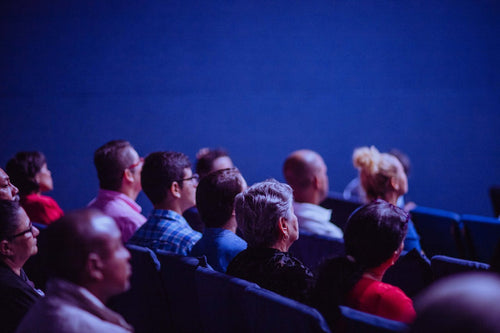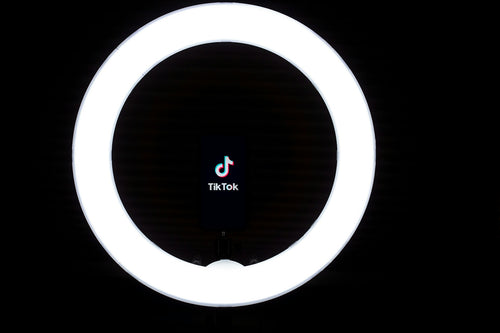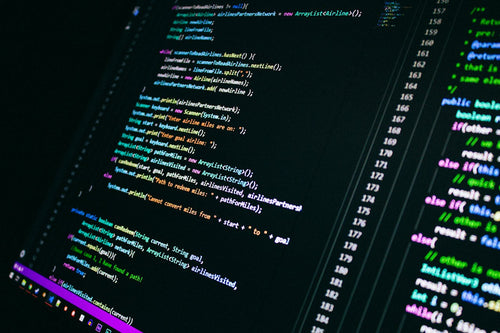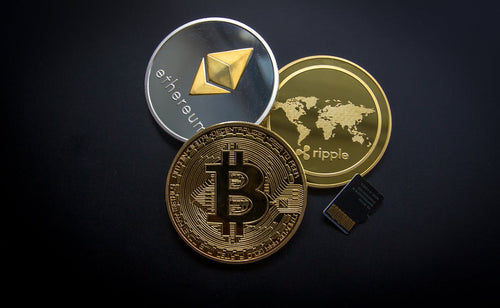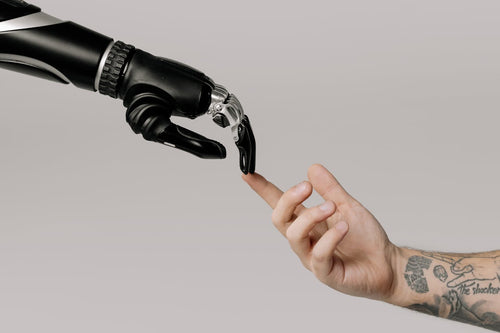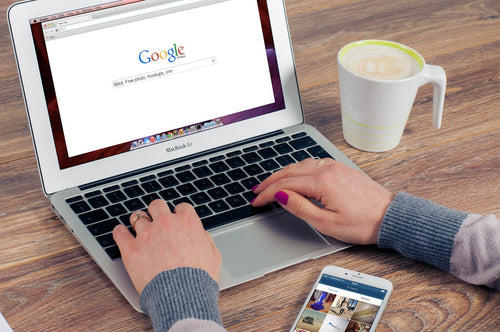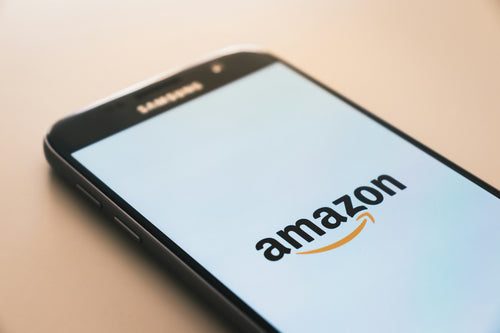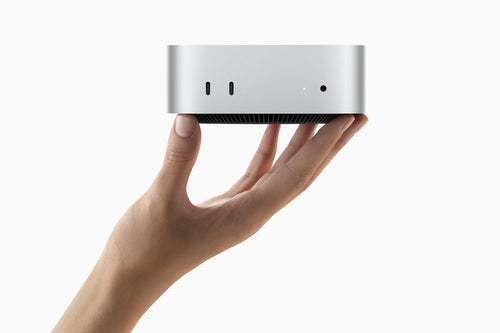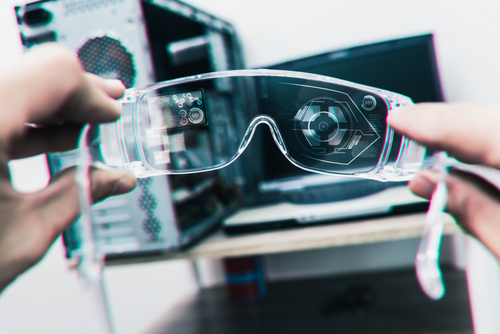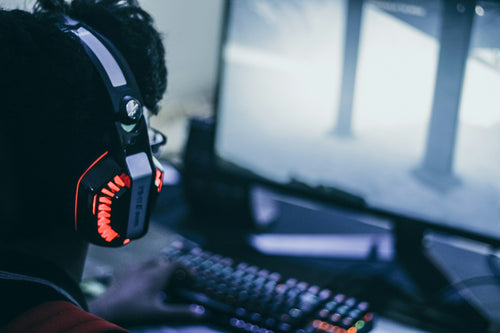HeyWhatsNew: The Neuralink Brain Chip Is Officially Live, and Spotify Makes Apple Pay a $500 Million Fine

What’s good, HeyUp crew? Welcome to this week’s edition of HeyWhatsNew where we recap a handful of tech news and updates that have impacted our world. Let’s get right into it.
The First Neuralink Recipient Has Fully Recovered
Elon Musk reports that the first person to undergo surgery for the Neuralink brain chip implant in January has fully recovered, and they’re already able to utilize the chip. In a statement on the X platform, Musk announced that there have been no complications with the operation or recovery so far and that the person can control a computer mouse with their brain. At the present moment, all we know about the patient’s identity is that Neuralink had invited individuals with quadriplegia due to cervical spinal cord injury, ALS, or Lou Gehrig's Disease for trials last year.
While this may be a breakthrough in technology, the research industry has mixed signals with researchers at The Hastings Center and the University of Pennsylvania questioning the ethics of the entire operation.
Apple Says We Must Stop Putting Our Phones in Rice
Before our smartphones had IP ratings and waterproof features, we figured out that we could prevent water damage by dumping the device in a bag of rice if it gets wet. While it may have been an effective method to save yourself from permanent damage, Apple warns that placing it in dry rice could cause damage by trapping tiny rice particles in small openings.
The company says that iPhones display a warning when water is detected, and there are measures you can take to prevent water damage once it’s detected. It’s reported that rice absorbs water slower than just leaving the phone out to air dry on the counter, which is what Apple suggests you should do.
AI Could Be Useful in Providing Clean Energy By Stabilizing Fusion Energy
Fusion energy, seen as a nearly limitless and clean energy source for decades, holds the potential to address the climate crisis significantly. However, sustaining fusion energy has been limited to a few seconds due to obstacles and complexities in the process. Scientists working on fusion energy report that they have discovered a solution to a major challenge by incorporating artificial intelligence.
Fusion energy, which fuels the sun and stars, has been a goal for scientists for many years. It happens when two atoms that usually push each other away are made to join together. Despite advancements, fusion energy is still far from being ready for widespread use. It will likely take many more years to develop before it can make a significant impact on reducing the harmful effects of climate change.
Google Engineers Figured Out How to Run Emulators on the PlayStation Portal
Sony’s PlayStation Portal portable console has been quite popular since its release late last year, even though gamers can only stream games from the PlayStation 5 and nowhere else. A pair of engineers at Google decided this wasn’t good enough, and they’ve figured out a way to run the PPSSPP emulator on the console.
Andy Nguyen and a fellow Google Engineer shared a picture of Grand Theft Auto running on the PlayStation Portal. Still, so far, there is no actual video footage of the PPSSPP emulator successfully running the game. However, the Verge reports that we could expect to see the video by this weekend.
Spotify’s Antitrust Complaint Against Apple Results in a $500 Million Fine
Apple is expected to face a fine of around $539 million from the European Union (EU) following an investigation into allegations of stifling competition against music-streaming rivals like Spotify. This fine, the first from the EU for Apple, follows a strategy by EU competition chief Margrethe Vestager to challenge the dominance of Big Tech through fines and regulatory actions.
The EU's investigation was initiated after a complaint from Spotify nearly four years ago, claiming that Apple's practices forced them to raise subscription prices. The watchdog found that Apple violated competition rules by preventing rival music services from informing users about cheaper alternatives outside its App Store.
The EU is preparing to enforce its Digital Markets Act, aimed at preventing competition violations by tech firms, starting March 7.
We Won't Be Able to Take Screenshots of People’s WhatsApp Profile Pictures Anymore
The Meta-owned chat platform WhatsApp could be on the verge of adding another privacy-oriented feature into the app, according to a newly surfaced beta release. The current version of WhatsApp lets users hide their profile picture from certain contacts or unsaved numbers. However, according to WABetaInfo's reporting on WhatsApp beta v2.24.4.25, the chat app is taking privacy concerns a step further by restricting other users (including contacts) from taking a screenshot of the Profile picture.
According to the report on Android Police, users who attempt to take a screenshot of the profile picture will see an error message along the lines of “Can't take a screenshot due to App restrictions”. There is no official word yet on when the Beta feature will be widely adopted.
Major Microsoft Windows Updates Are Coming to Google Chrome Users
Microsoft has issued an update for its Edge browser on Windows, aiming to address privacy and security concerns for Google Chrome users. The update comes after independent research sponsored by Mozilla accused Microsoft of using harmful tactics to influence users to switch to Edge. The update is crucial for Windows users utilizing Chrome because it prevents the transfer of personal information to Microsoft Edge without the user’s permission.
Forbes reports that Microsoft has yet to comment on these implications, but the EU's Digital Markets Act (DMA) is expected to increase scrutiny of such practices. The update should occur automatically for Edge users on Windows, requiring no action from them.
And that’s all we have time for today. Join us again to find out how technological advancements will have shaped our world in the week to come.


